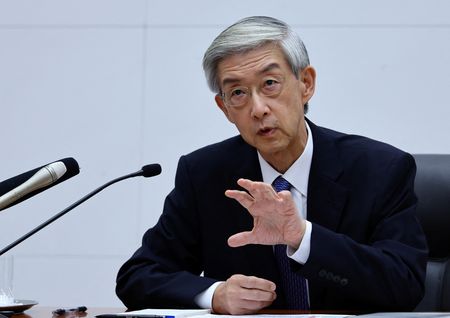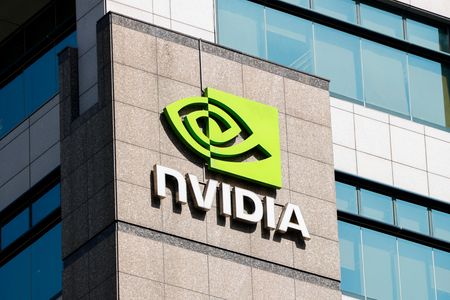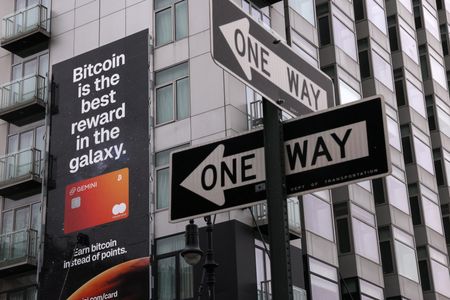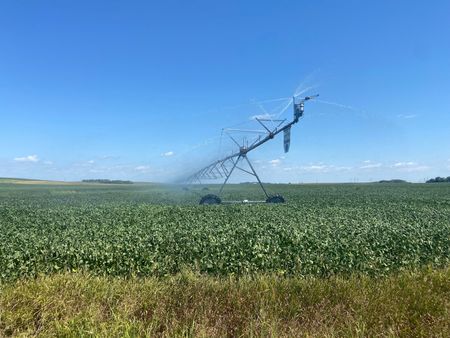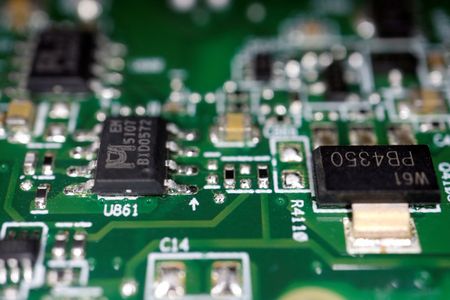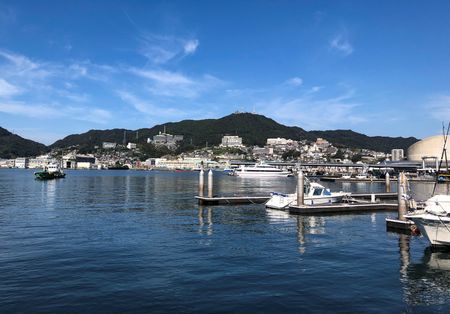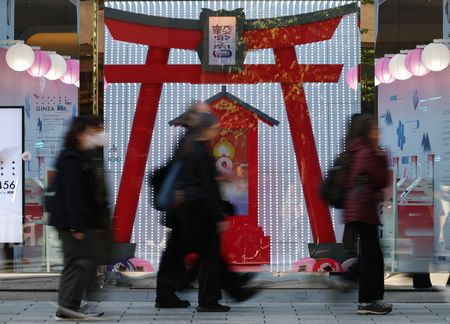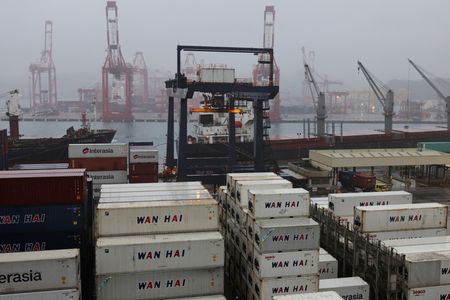By Leika Kihara
TOKYO (Reuters) -The Bank of Japan is “nearing” a decision to raise interest rates and will not wait until after next year’s spring wage negotiations end, its board member Kazuyuki Masu was quoted in the Nikkei newspaper as saying.
The remark follows those by Governor Kazuo Ueda on Friday signalling the chance of a December rate hike, and highlight a growing momentum within the board for a near-term increase in Japan’s still low borrowing costs.
“I can’t say what month it’ll be, but in terms of distance, we’re close,” Masu said on the timing of the central bank’s next rate hike, according to the Nikkei, which interviewed him on Thursday.
In a separate interview with Jiji news agency published on Saturday, Masu said the economic environment for raising interest rates was already falling into place.
“It would be a comprehensive decision unless some really bad economic data comes out by then,” Masu was quoted as saying by Jiji on whether the BOJ could raise rates at its next policy meeting on December 18 and 19.
The hawkish remarks come after another board member, Junko Koeda, called for raising rates in a speech on Thursday. Two others in the nine-member board have already proposed, albeit unsuccessfully, a hike in September and October.
After exiting a decade-long, massive stimulus programme last year, the BOJ raised rates twice, including in January. It has kept rates steady at 0.5% since then, even as consumer inflation has remained above its 2% target for over three years.
Many market players expect the BOJ to raise rates either in December or a subsequent meeting in January next year.
In keeping policy steady last month, Ueda said the BOJ wanted to await more data on the “initial momentum” of next year’s wage negotiations before raising interest rates.
“It was a good way to get across the message that we’re not waiting until after the spring wage negotiations end,” Masu told Nikkei of the governor’s comment.
Major Japanese firms typically set wages in negotiations with unions around March of each year. Ueda has said the BOJ can get early hints of the outcome through corporate earnings, surveys and comments from corporate executives on the wage outlook.
Although an intensifying labour shortage is putting pressure on firms to keep hiking pay, some analysts warn that higher U.S. tariffs could hurt manufacturers’ profits and discourage them from continuing bumper wage increases.
While the full impact of higher U.S. tariffs has not been felt yet, its damage to Japan’s economy will likely be much smaller than initially feared, Masu told Nikkei.
The BOJ should raise rates as keeping inflation-adjusted, real borrowing costs deeply negative would have undesirable effects such as causing major rises in real estate prices, he said.
“Looking at the economic and price situation, I do think the environment is favourable for raising interest rates. This is not monetary tightening, but simply part of the normalisation process,” Masu said, according to the Nikkei.
The inauguration last month of Prime Minister Sanae Takaichi, known as an advocate of expansionary fiscal policy backed by low rates, has complicated the BOJ’s decision on how soon to raise interest rates.
But the administration has recently signaled its tolerance towards a near-term BOJ rate hike, which would help moderate unwelcome declines in the yen that push up import costs and broader inflation.
Masu told Nikkei it was important for the BOJ to communicate sufficiently with the government. “I think we’ve been able to have them understand that we’re close to achieving that goal,” he was quoted as saying.
(Reporting by Leika Kihara; Editing by Chris Reese and Diane Craft)

